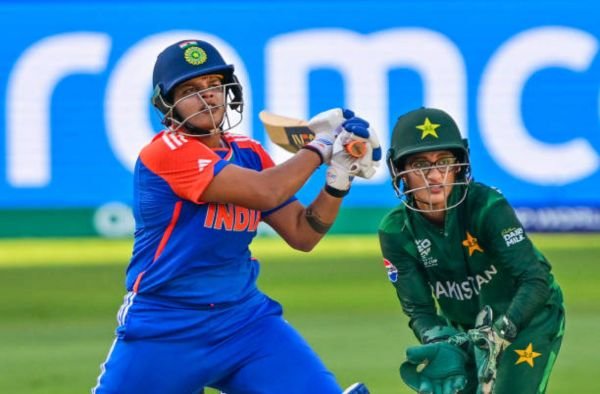Cricket’s fiercest rivalry may be kept on hold until the knockout stages of the ICC Men’s T20 World Cup 2026, with reports suggesting that India and Pakistan are likely to be placed in separate groups. The International Cricket Council (ICC) is expected to make a final decision during its upcoming annual meeting, a move that could have significant implications for the tournament’s structure and fan excitement.

Why Are India and Pakistan Likely to Be Separated?
Political Tensions and Security Concerns
The longstanding political tensions between India and Pakistan have often spilled over into the cricketing arena, making bilateral series between the two nations a rarity. Security, logistical challenges, and diplomatic sensitivities have all played a role in limiting their on-field encounters to major ICC events and Asia Cups.
Recent Precedents
In previous ICC tournaments, India and Pakistan have typically been placed in the same group to guarantee at least one high-profile clash in the early stages.
However, with the T20 World Cup 2026 set to feature an expanded format and more teams, the ICC is reportedly considering a shift to avoid potential complications and ensure smooth tournament operations.
What’s at Stake for the ICC?
Balancing Excitement and Practicality
The India-Pakistan match is the most-watched fixture in world cricket, drawing massive global audiences and commercial interest. However, the ICC must balance this excitement with:
Security arrangements for a high-stakes fixture
- The potential for political disruptions
- Fairness in group allocations as the number of participating teams increases
- Tournament Format Changes
- The 2026 T20 World Cup is expected to feature 20 teams, likely divided into four groups of five.
Placing India and Pakistan in separate groups could mean that a clash between the two would only be possible in the Super 8s, semifinals, or the final—making such a match even more high-stakes.
How Will the Decision Be Made?
The ICC’s annual meeting, scheduled for July 2025, will see member boards and key stakeholders discuss the final groupings and tournament logistics. According to sources cited in recent media reports, the separation of India and Pakistan is “highly likely” but not yet finalized.
Key Factors Influencing the Decision
- Security and diplomatic advice from host nations
- Input from the Indian and Pakistani cricket boards
- Feedback from broadcasters and sponsors
- Fan engagement and tournament integrity
What Could This Mean for Fans and the Tournament?
Pros
- Reduced security risks in the group stages
- Greater anticipation for a potential India-Pakistan knockout clash
- Smoother tournament operations
Cons
- Fans may miss out on a guaranteed India-Pakistan group match
- Commercial interests could be affected if the two teams do not meet at all
Conclusion
The ICC’s reported plan to place India and Pakistan in separate groups for the T20 World Cup 2026 reflects the complex interplay of politics, security, and sporting spectacle. While fans around the world eagerly await another chapter in cricket’s greatest rivalry, the final decision will be made with the broader interests of the tournament in mind. All eyes will be on the ICC’s annual meeting, where the fate of this much-anticipated fixture will be decided.
FAQs
1. Why might India and Pakistan be placed in separate groups for T20 World Cup 2026?
Due to ongoing political tensions and security concerns, the ICC is considering separating the two teams to ensure smooth tournament operations.
2. When will the final decision be made?
The ICC is expected to finalize groupings at its annual meeting in July 2025.
3. How does this affect the tournament format?
With 20 teams likely split into four groups, India and Pakistan could only meet in the Super 8s or knockout stages if placed separately.
4. Has this happened before in ICC tournaments?
Typically, India and Pakistan are placed in the same group to guarantee a marquee match, but the expanded format and logistical concerns may prompt a change.
5. What are the pros and cons of this move?
Pros include reduced security risks and heightened anticipation for a knockout clash; cons include the possibility of missing a guaranteed group-stage blockbuster.